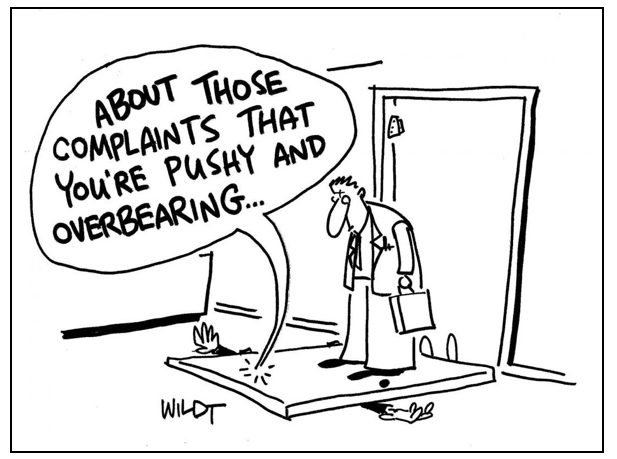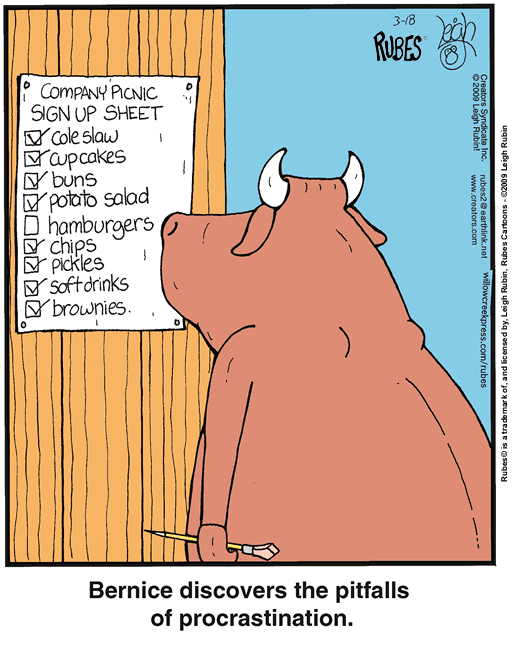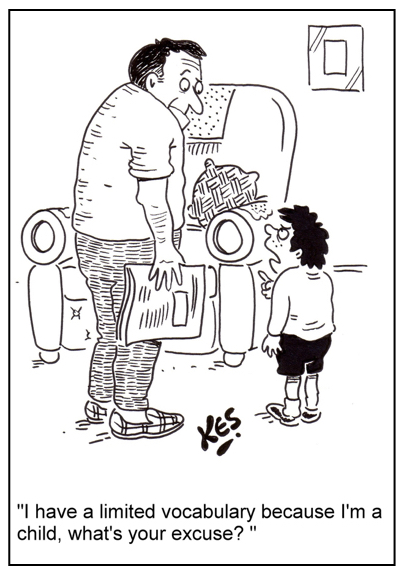
Self-centeredness is a powerful force. If left unchecked, it will sully every aspect of our lives. For instance, even when we want to give something to someone else, our preoccupation with self can pollute our act—we’ll give what we value and would enjoy receiving instead of what he or she would like.
- For my honeymoon I planned a trip to Acapulco; I had been there before and loved it, so I assumed Mary would, also. She didn’t.
- I recently gave a friend a copy of a novel that I enjoyed reading. My friend doesn’t like fiction.
- I took a friend out to dinner for his birthday to my favorite Mexican food restaurant. His favorite food is Italian.
- I spoke words of instruction to my hurting friend. What he really needed was comfort.
So the next time you want to give, find out what the intended receiver wants. If you’re not sure what he prefers, ask him. He will tell you.
To get the full impact of this essay, please respond to two topics.
- Think of a time when someone gave you a gift that he or she valued but you did not.
- Think of a time when you gave someone a gift that you valued but the recipient probably did not.
The antidote for self-centeredness is to focus on others. Think about others and put them first – especially when giving gifts.
[reminder]What are your thoughts about this essay?[/reminder]
[callout]Recently, I signed up to receive a daily summary – from the New York Times – of the most important news items of each day. It’s free and it’s good. To sign up, click here and choose Evening Briefings. [/callout]

 I once had an employee who had the audacity to declare, “I know I have a short fuse and a bad temper, but that’s just who I am. People who work with me just need to deal with it.” I informed him that his inordinate temper would not be tolerated because it is an area that he has control over and needs to change.
I once had an employee who had the audacity to declare, “I know I have a short fuse and a bad temper, but that’s just who I am. People who work with me just need to deal with it.” I informed him that his inordinate temper would not be tolerated because it is an area that he has control over and needs to change. If something must be done sooner or later, sooner is better.
If something must be done sooner or later, sooner is better. Men imagine that their minds have the command of language, but it often happens that language bears rule over their minds. Francis Bacon
Men imagine that their minds have the command of language, but it often happens that language bears rule over their minds. Francis Bacon